Students raise concerns over surveillance in online exams
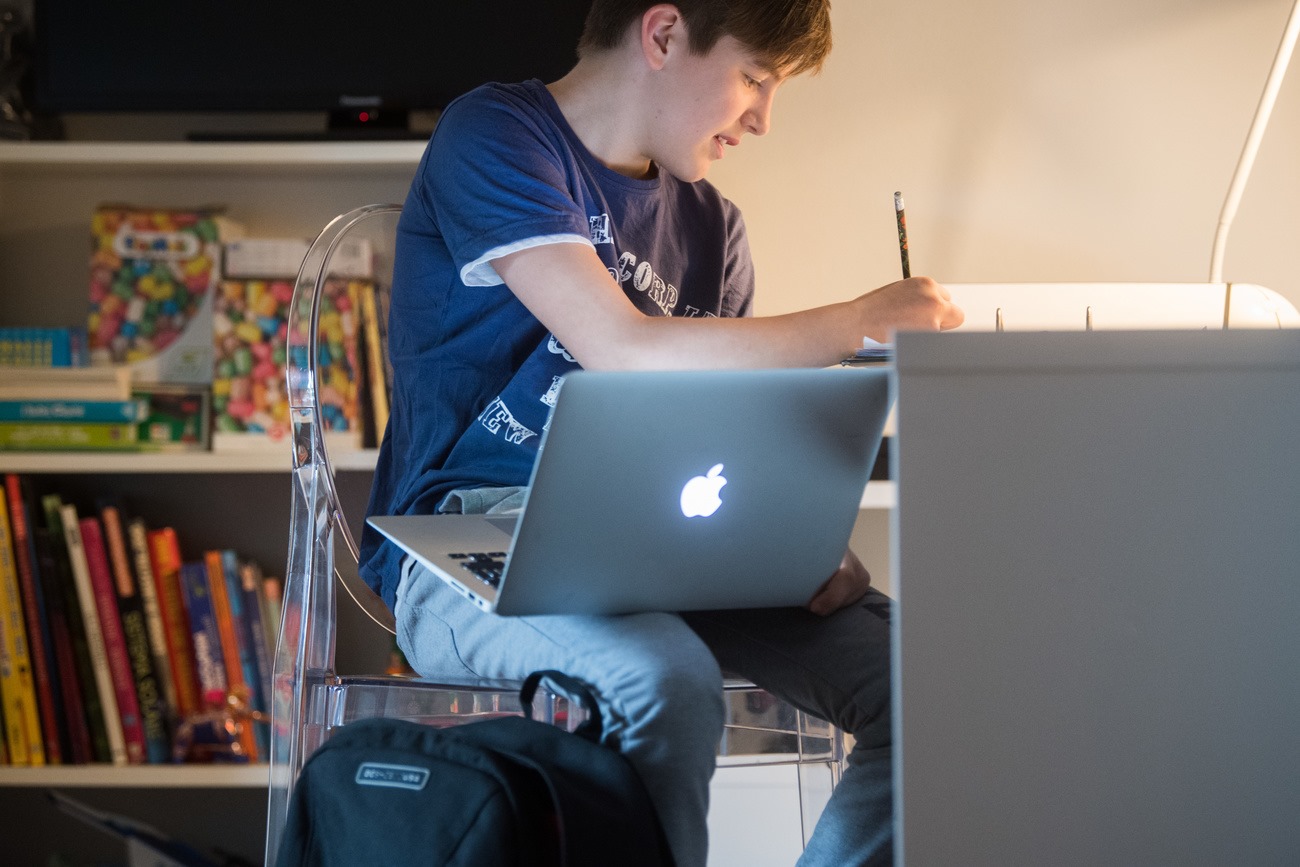
The new year is traditionally a time for exams in Swiss universities and they will take place online this year. But students are not happy about the “Big Brother” style monitoring taking place.
Anne, a final-year bachelor student at the St Gallen School of Economics and Political Science (SEPS-HSG), is a little frustrated. She just finished writing her degree thesis and all that remains is for her to email it to her teacher. Once that is done, Anne believes she will have fulfilled all her degree requirements, but something is missing.
There will be no face-to-face defence of her thesis with a panel of professors, as is usually the case at the end of a degree. And, regrettably, there will be no graduation ceremony to which she so wanted to invite her mother who has supported her all these years.
Anne was lucky enough though, to take all her final examinations in person. In spring, during the first wave of the Covid-19 pandemic and even though universities were shut down, St Gallen School of Economics and couple of other Swiss universities allowed on-site exams through strict enforcement of mask wearing and ensuring that students sat sufficiently apart from each other in the classroom.
What has changed is that the upcoming 2021 university semester is taking place entirely online because Switzerland has stepped up its measures against the pandemic. Universities have been in a second shutdown since November 2, 2020.
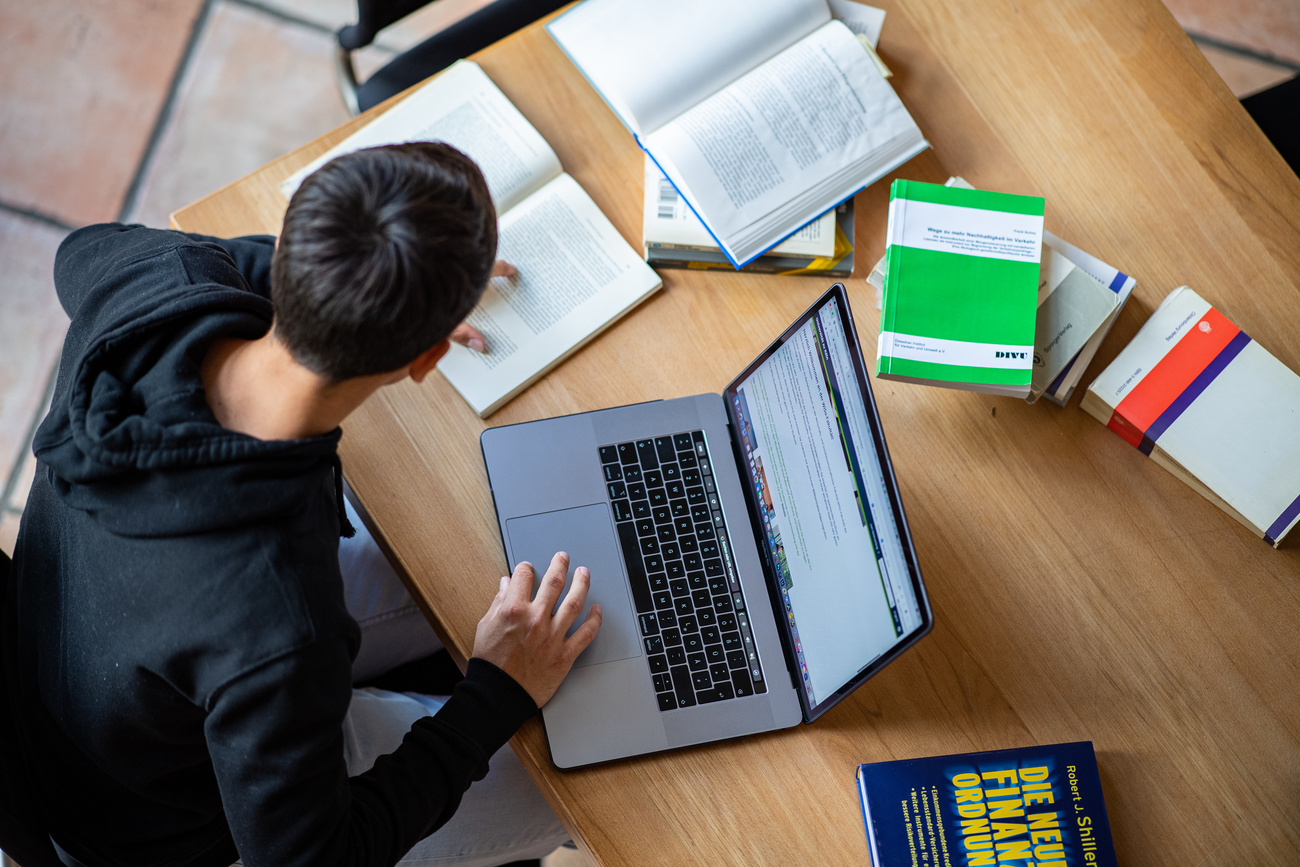
More
Swiss universities say they are better prepared for second wave
Geneva students protest
The growing popularity of remote learning is leading to the development of online exam systems worldwide. Besides Zoom, which was primarily a video conferencing tool, there are more specialised digital tools to monitor remote exams like ProctorU, ProctorExam, Mettl Online Assessment, Pearson VUE and others.
In November 2020 the University of Geneva’s (UNIGE) rectorate issued a directive allowing video surveillance of students taking exams via Zoom and use of TestWe software (in what is known as remote proctoring or online invigilation).
What is proctoring?
Proctoring is a system used to confirm the identity of the examinee, and to monitor behaviour and the computer screen to make sure the student is not opening any extra pages or files that are not allowed during the exam.
Proctoring can be synchronous or asynchronous: in the first case, an external proctor monitors the exam in real time online; in the second case, the system automatically tracks forbidden actions, movements or sounds.
Manufacturers of proctoring software continue to improve the algorithms. So, theoretically, in addition to face recognition, systems are capable of identifying keyboard strikes (patterns of how quickly a person types and the pauses between keystrokes), mouse movements, and voice. These methods have certain limitations, but in the future they may be improved and provide additional protection against cheating.
Source: swissinfo.ch
TestWe is a French startup. Students must download a programme which takes a snapshot every three seconds during the exam to see if the student has left the room, is distracted, or is engaged in searching for information on the Internet or on the hard drive. The operating system of the computer on which the exam is taken is completely blocked and controlled by the software.
In response, the University Conference of Students Associations (CUAE in French) has launched a campaign under the slogan UNIGE is watching you. Campaigners cite Article 13 13 of the Swiss Federal Constitution and Article 8 of the European Convention on Human Rights, both of which guarantee the right to privacy and argue that digital surveillance violates that right.
“What disturbs us is to be filmed continuously with sound. Unlike distance-learning courses, where students decide for themselves whether to appear on the screen, they don’t have this control over their images during exams,” said Hugo Molineaux, permanent secretary of the CUAE told the 20 Minutes freesheetExternal link.
CUAE has also warned that the monitoring system checks the data contained in a student’s private, locked files. Exam photos and audio recordings are stored on servers belonging to Amazon Web Services, a division of Amazon’s e-commerce company.
Students of University of Neuchatel have also protested against Webex software chosen by their alma-mater for online exams considering it as “intrusion into private life”.
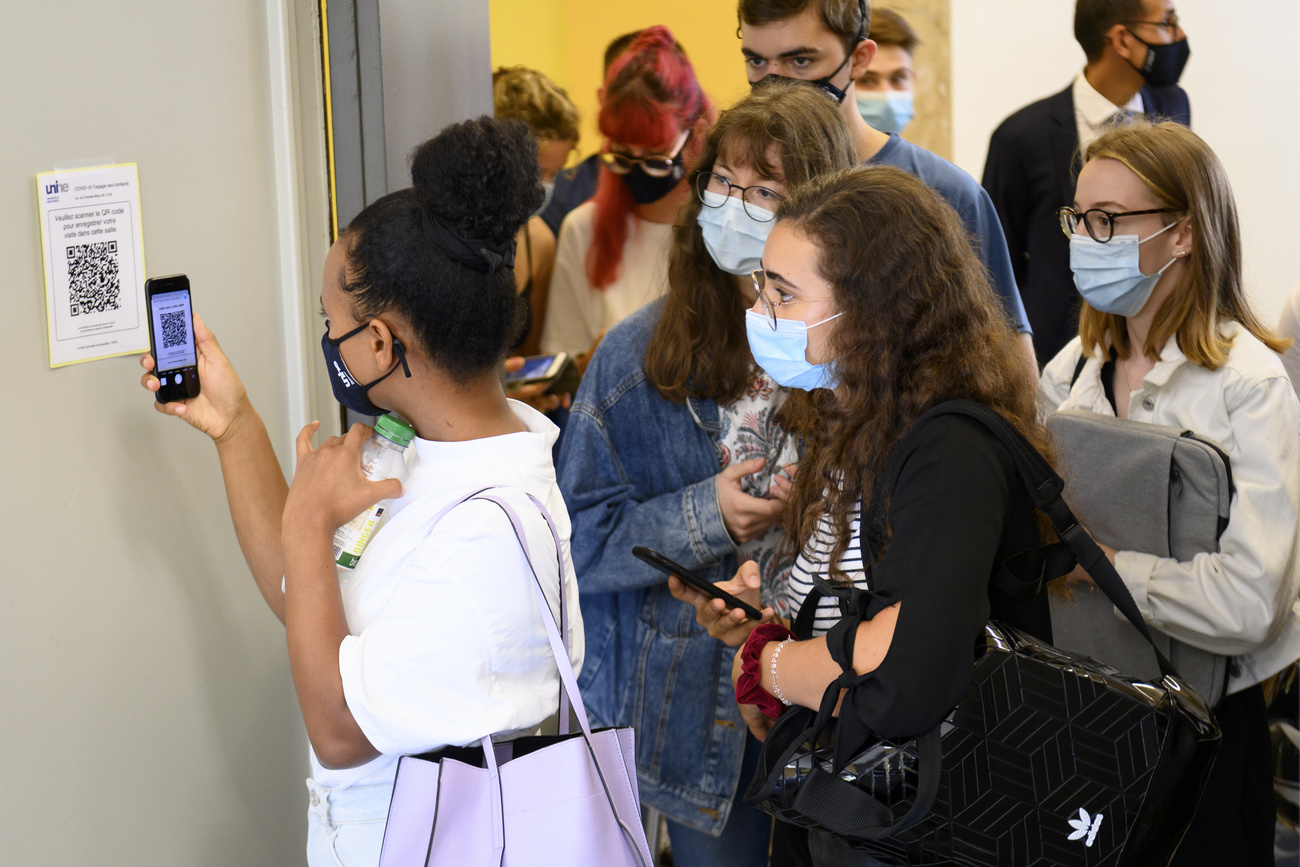
More
Masks, half-empty lecture halls: Swiss universities’ hybrid approach
But what if students are not monitored?
Cheating in online exams has already become a serious problem in France. Students exchange exam answers via Facebook messenger and take pride in their “cheating skills,” according to newspaper Le Figaro.External link
There are cheaters among Swiss students too. The evidence: a series of disciplinary investigations for dishonest examination behaviour after the summer exam session at the Zurich University of Applied Sciences (ZHAW).
The Swiss newspaper Neue Zürcher Zeitung (NZZ) reported in December 2020External link that 148 students were suspected of cheating. More than half of them voluntarily confessed, 43 insisted on their innocence, one turned out to be innocent, and some are still awaiting the university’s decision. Meanwhile the university has temporarily hired a special employee to conduct these many disciplinary investigations.
The University of Zurich has also been affected: almost 200 disciplinary proceedings for cheating have been opened on 40,000 online student examinations, the Tages-Anzeiger newspaper saysExternal link. At the prestigious Federal Institute of Technology Zurich (ETH Zurich), on the other hand, only two suspicious cases were reported this spring semester – one during a remote exam and one during a face-to-face exam.
Looking for solutions
The Federal Institute of Technology Lausanne (EPFL) has decided against “Big Brother” software, the NZZ reported on ThursdayExternal link. Around half of the exams will take online this semester. “Cheaters will always find a way,” Pierre Dillenbourg, professor of learning technologies, told the newspaper. “The best solution are complex tasks that require answers that cannot be learned by heart.”
The EPFL has also become inventive – for exams that require sketches or mathematical calculations usually done by hand, it has sent out 2,000 small mirrors which can be mounted on laptops. The webcam then only films what the student is drawing. The professor is monitoring live via Zoom.
The University of Fribourg has also put the emphasis on “open-ended questions” that require analysis and reasoning.
As for the University of Geneva – in reaction to the protest campaign “UNIGE is watching you”, the authorities saidExternal link they would not record the January-February online exams but would continue to conduct identity checks and use real-time video surveillance by Zoom to prevent fraud. CUAE considers this a victoryExternal link.
However, students from Neuchâtel aren’t happy with the exams situation: whereas in June the University allowed another shot if they failed an online exam, this time the usual rules will apply. The Neuchâtel Student Federation (FEN) has decided to submit a motion to the cantonal parliament in protest. In addition to the right to an exam resit, the FEN calls for video surveillance of exams be stopped for future sessions.

In compliance with the JTI standards
More: SWI swissinfo.ch certified by the Journalism Trust Initiative
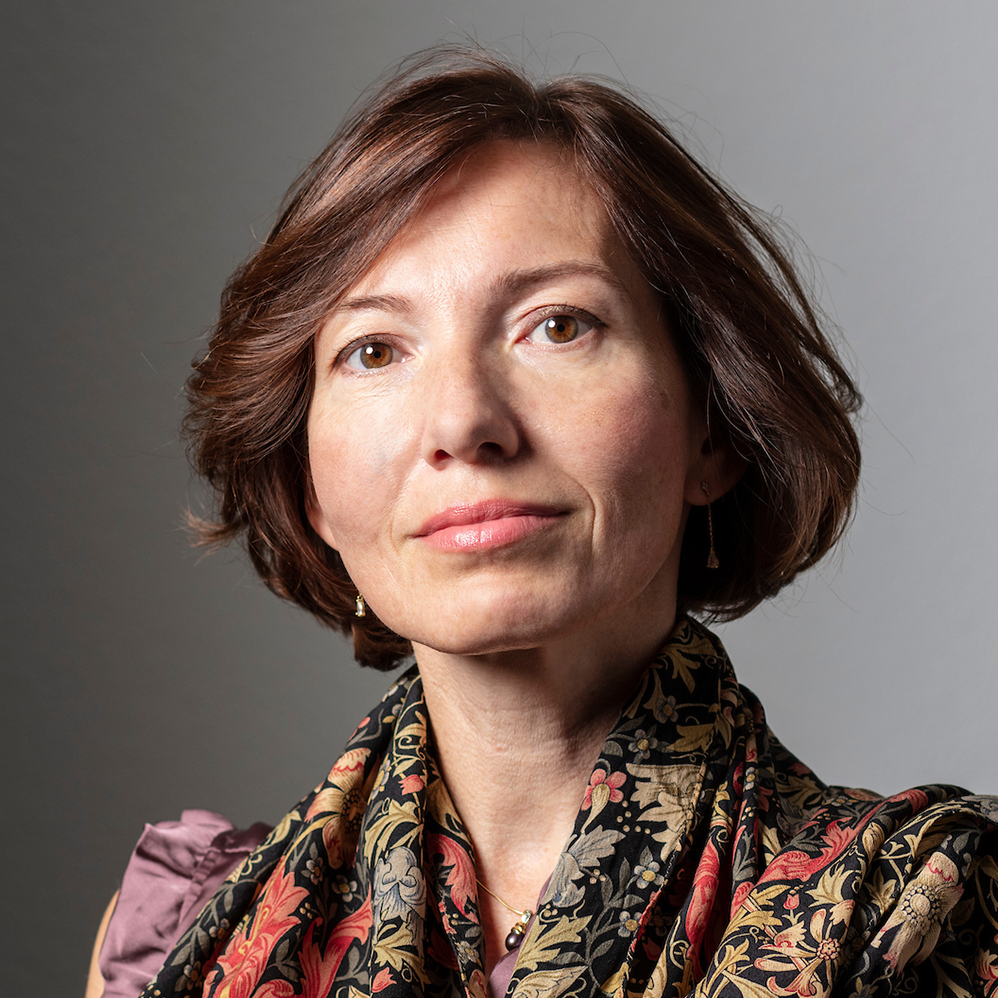
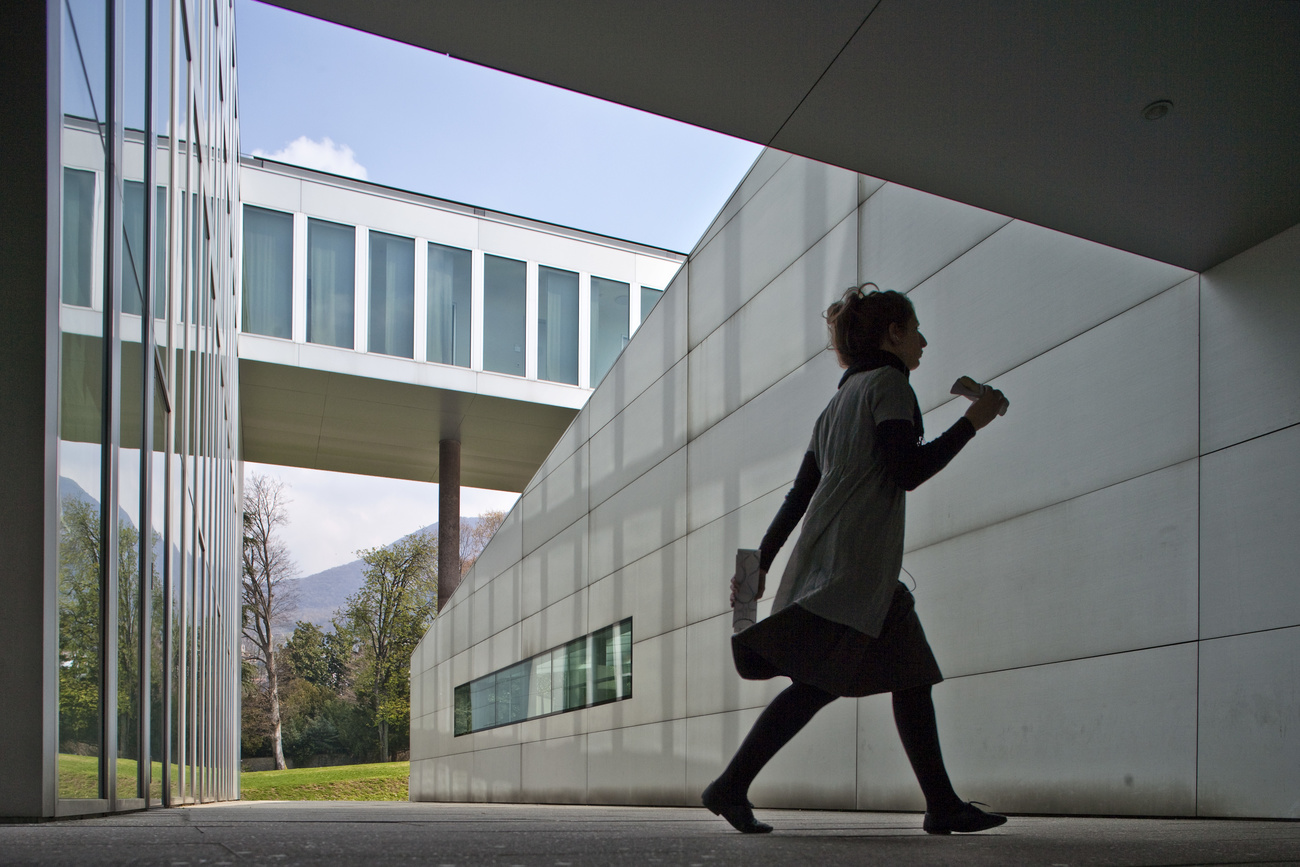
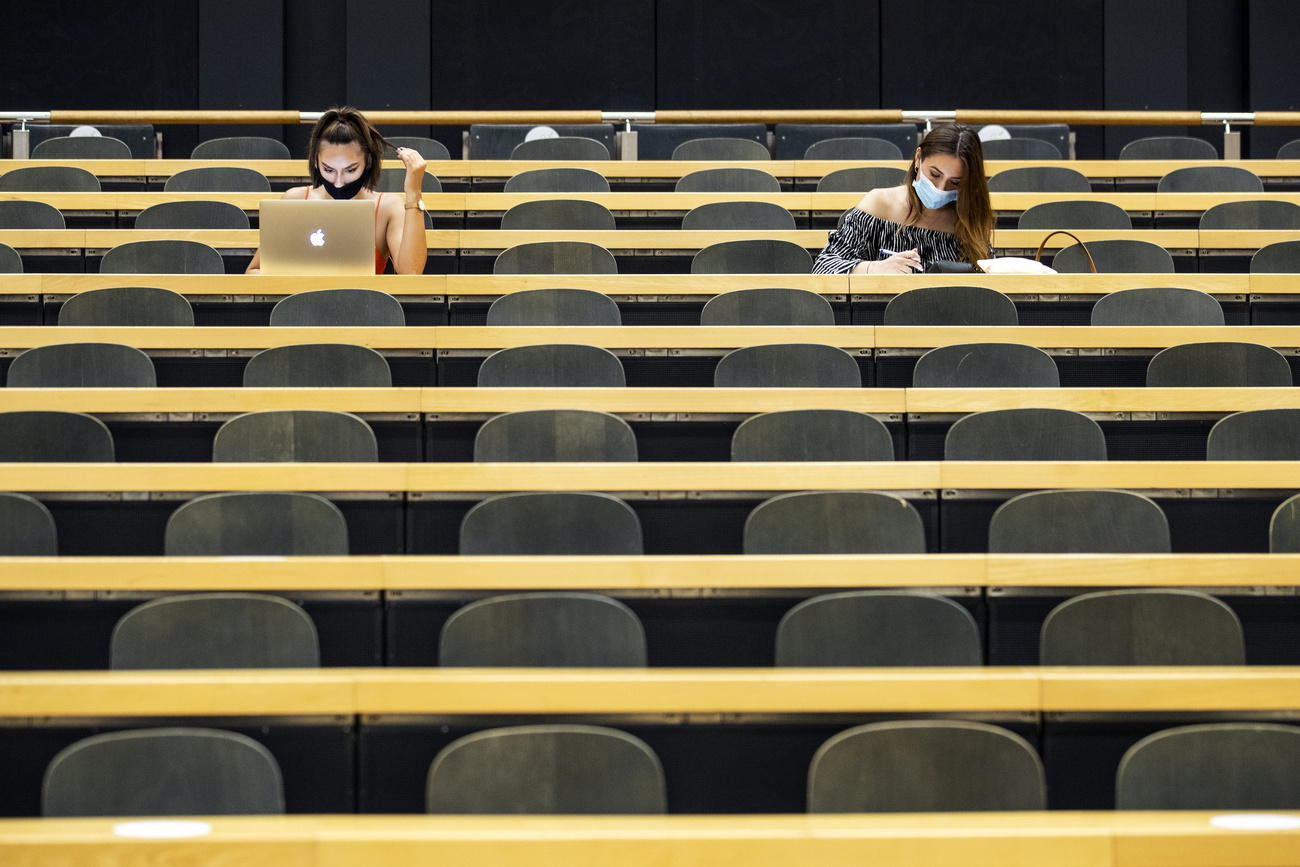
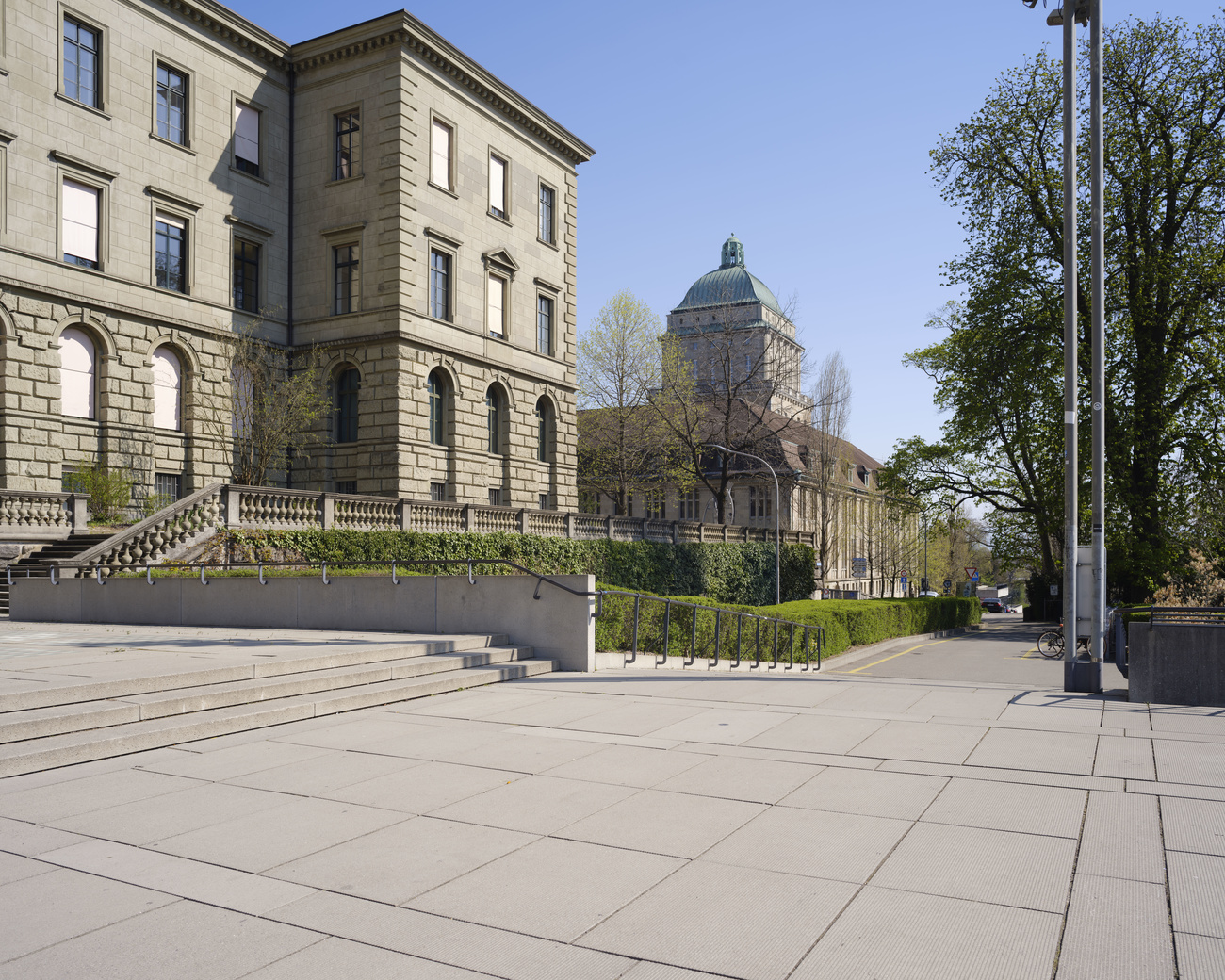
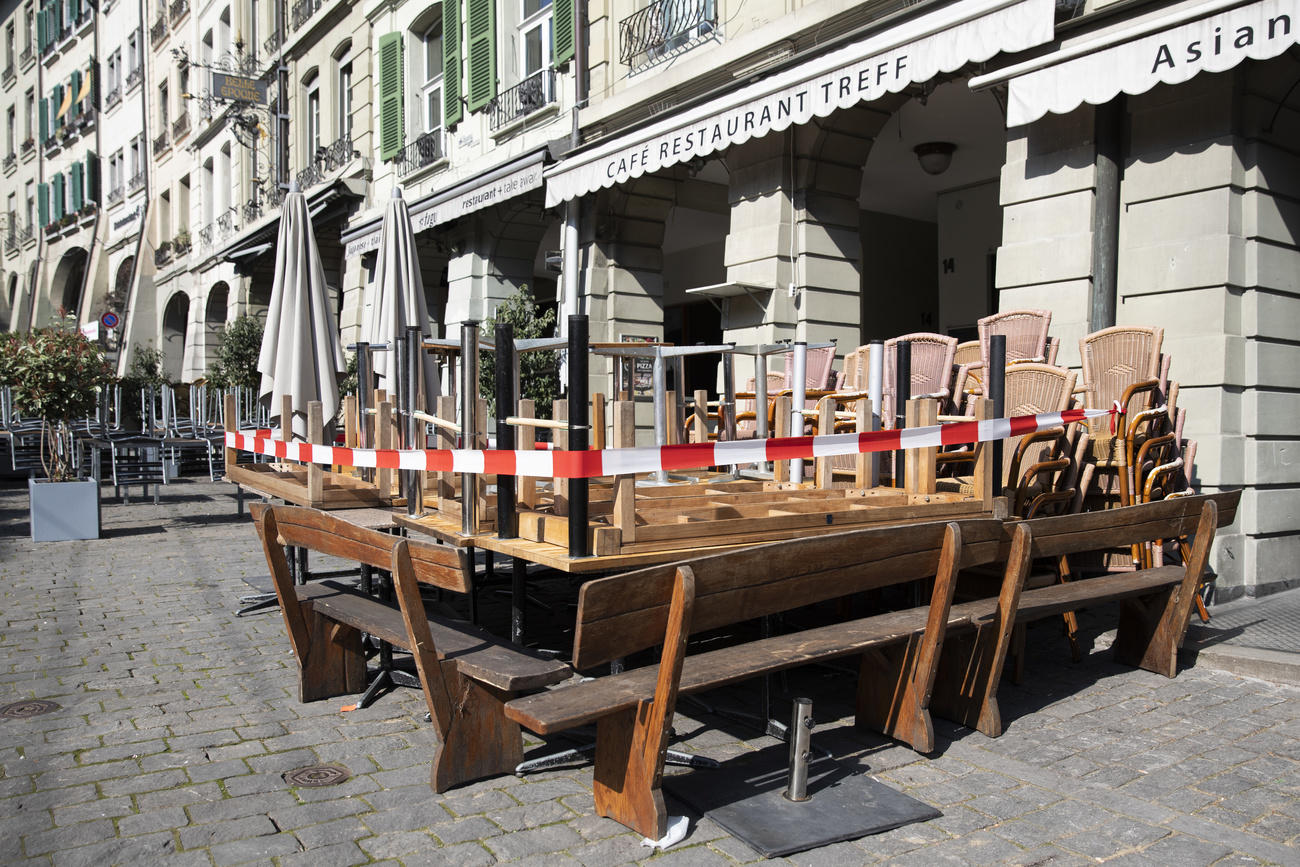

You can find an overview of ongoing debates with our journalists here . Please join us!
If you want to start a conversation about a topic raised in this article or want to report factual errors, email us at english@swissinfo.ch.